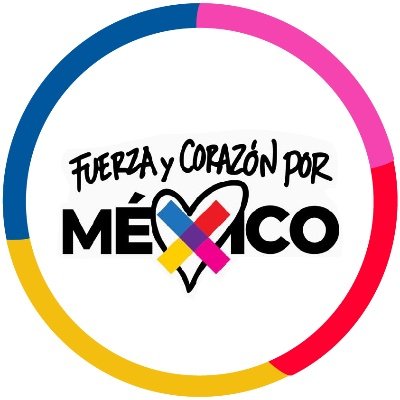By Amy Copley
On Thursday, January 11, the Africa Growth Initiative at Brookings released its annual Foresight Africa report, highlighting six key priorities for the continent in the year 2018. In the second chapter of the report, Sustainable financing for economic development: Mobilizing Africa’s resources, scholars discuss the urgency of boosting domestic resource mobilization in Africa, especially as the region’s rapidly expanding and growing cities require greater public capital investment. This post discusses the infrastructure and financing constraints facing African cities and identifies opportunities to promote sustainable development in the rapidly urbanizing region.
The ninth session of the World Urban Forum (WUF9) kicked off this week in Kuala Lumpur under the theme “Cities 2030, Cities for All: Implementing the New Urban Agenda.” WUF9 brings together relevant actors in government, civil society, the private sector, and academia to develop implementation strategies for the New Urban Agenda—a policy document adopted in October 2016 by the United Nations Conference on Housing and Sustainable Urban Development (Habitat III) in Quito, Ecuador. The New Urban Agenda outlines the global vision for making cities “inclusive, safe, resilient, and sustainable” in line with Goal 11 of the Sustainable Development Goals 2030 Agenda.
With nearly 40 percent of Africa’s population now residing in urban areas—and the number of urban residents in the region expected to double in the next 25 years—cities are becoming increasingly important milieus for advancing human and economic development objectives. In Chapter 2 of Foresight Africa 2018, viewpoint authors Jeff Gutman and Nirav Patel highlight some of the challenges to expanding economic opportunity in Africa’s cities. For example, they note that compared to major European cities such as Barcelona, London, and Paris, African cities like Addis Ababa, Kigali, and Nairobi have fewer paved roads, which also do not extend far beyond the city center, as illustrated in Figure 2.7.
This lack of transport infrastructure in and around African cities stifles flows of goods, services, and people, limiting firm productivity and economic opportunities for workers. Gutman and Patel argue, “Such inefficiencies in the design of the city can make urban living costs burdensome and jeopardize the potential benefits of agglomeration.” Indeed, Figure 2.9 shows that urban living costs are generally higher in sub-Saharan African countries than in other developing countries with similar income levels, although it’s worth noting that per capita income levels in sub-Saharan Africa tend to be below those of other developing regions.
The authors contend that more financing is needed to address the urban infrastructure gap, promote connectedness, and help cities achieve their economic potential. However, public capital investment in urban areas is currently low, and concessional resources from donors typically do not focus on urban transport infrastructure. Moreover, lack of revenue streams for urban transport prevent the private sector from investing more in the sector. Unlocking all of these sources of funding will be crucial in the years ahead, especially since the African Development Bank states “two-thirds of the investments in urban infrastructure to 2050 have yet to be made.” The authors suggest further that various public, private, and donor initiatives to finance Africa’s urban growth must focus on “[g]etting land policy right and resolving the range of issues unique to African land.”
This content was originally published here.
VOTA PARA EVITAR LA DICTADURA
SALVA Al EDOMEX, UNIDOS SOMOS MAYORÍA
TENEMOS SOLO UNA OPORTUNIDAD
EL 4 DE JUNIO DEL 2023 VOTA PARA MANTENER
TU LIBERTAD, LA DEMOCRACIA Y EL RESPETO A LA CONSTITUCIÓN.
SI NO VOTAS PROBABLEMENTE TU VOTO NO VOLVERÁ A CONTAR
UBICA TU CASILLA AQUÍ
EL 2 DE JUNIO DEL 2024 VOTA PARA MANTENER
TU LIBERTAD, LA DEMOCRACIA Y EL RESPETO A LA CONSTITUCIÓN.
VOTA POR XÓCHITL












